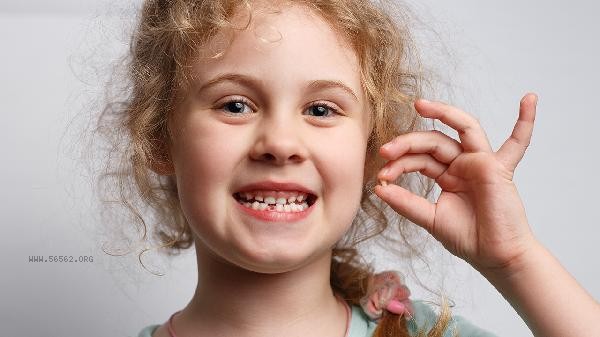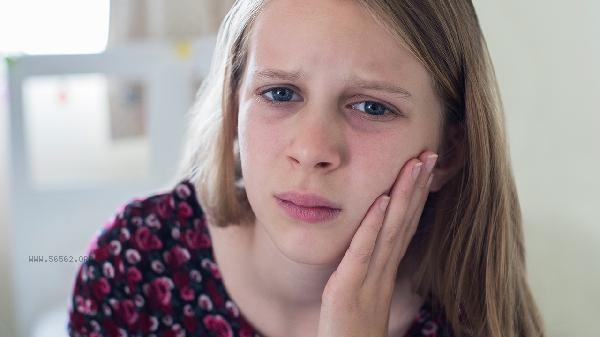Childhood anxiety disorder can be improved through psychological therapy, family intervention, medication therapy, behavioral training, environmental adjustment, and other methods. Anxiety disorders may be related to genetic factors, family environment, academic stress, social barriers, traumatic events, and other factors.

1. Psychotherapy
Cognitive behavioral therapy is the preferred intervention for children with anxiety disorders, which helps children identify and change negative thinking patterns, gradually exposing them to fearful situations to reduce sensitivity. Game therapy is suitable for young children, using toys and role-playing to express inner feelings. Parents need to cooperate with therapists to consolidate and practice at home, and regularly record their children's emotional changes.
2. Family Intervention
Improving family communication patterns can effectively alleviate children's anxiety and avoid overprotection or high-pressure discipline. It is recommended that parents establish equal dialogue through family meetings, schedule daily parent-child time, and use active listening instead of preaching. Unified parenting methods to reduce educational conflicts among family members.
3. Medication therapy
For moderate to severe anxiety, antidepressants such as sertraline and fluoxetine can be used according to medical advice, or lorazepam can be used for short-term relief of acute attacks. Regular follow-up evaluations are required during medication, and self adjustment of dosage is prohibited. Medications are usually used in conjunction with psychotherapy, and children under 6 years old should use psychotropic drugs with caution.

4. Behavioral Training
Progressive muscle relaxation training helps children master body relaxation techniques, and breathing exercises can quickly calm anxiety attacks. Strengthen positive behavior through reward mechanisms, establish regular sleep and exercise habits. Social skills training can improve anxiety caused by interpersonal relationships, which can be achieved through scenario simulation.
5. Environmental adjustment
reduces academic burden and competitive activities, avoiding exposure to violent and terrifying content. Create a safe bedroom environment and provide soothing toys or soothing music. Communicate with school teachers to adjust educational methods, and if necessary, apply for special education support. Maintain a stable pace of life and prepare psychologically before major changes.

It is necessary to ensure sufficient sleep and balanced nutrition in daily life, and increase foods rich in vitamin B and magnesium such as bananas and whole grains. Engage in outdoor activities every day and be exposed to natural light, limiting the usage time of electronic devices. Parents should manage their own anxiety and avoid transmitting stress to their children. If you experience persistent physical symptoms such as abdominal pain, insomnia, or affect normal social learning, you should seek timely help from a professional psychologist. Establishing a long-term stable support system is more important than short-term symptom relief, and the rehabilitation process requires the participation of family members.




Comments (0)
Leave a Comment
No comments yet
Be the first to share your thoughts!